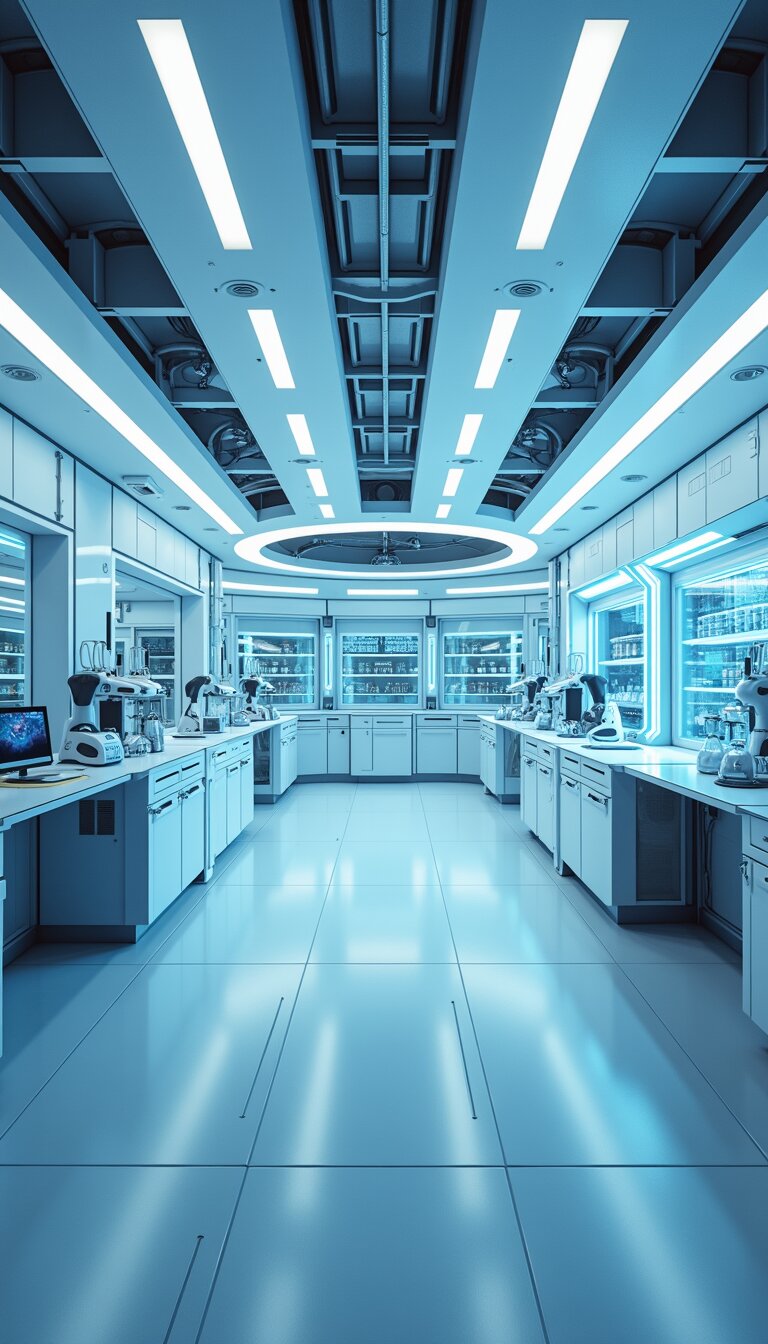Human Cloning: The Future Is Already Here 🧬👥
Journey into the mysterious world of human cloning technology through this stunning visualization of how an exact human copy might be created in futuristic labs. Science fiction or tomorrow's reality? #Cloning #FutureTech #BioScience
Human Cloning: The Future Is Already Here 🧬👥
In a world where science fiction increasingly becomes reality, human cloning emerges as one of the most captivating and controversial technological frontiers. Imagine a future where exact human copies can be generated in high-tech laboratories, their creation a breathtaking process of cellular wonder and precision.
This incredible journey begins in a sleek, futuristic lab bathed in blue light—an environment that feels straight out of a sci-fi film. Advanced scientific equipment hums quietly, while holographic DNA strands float mid-air, creating an atmosphere of clinical sophistication. Here, scientists delve into the mysteries of life at its most fundamental level.
Through a process involving the modification of an egg cell and its cultivation in a nutrient-rich chamber, life unfolds, step by step. Microscopic visuals reveal spectacular details: cells divide and multiply with electrifying precision, evolving into a vibrant embryo. Suspended in fluid tinted with blue bioluminescence, the embryo grows into a fully recognizable human form—a near-perfect replica of its origin.
As the final moments unfold, the fluid within the incubation chamber drains, unveiling a complete human clone. Every feature, every detail mirrors the original source with unmatched accuracy. A side-by-side holographic display confirms a 99.9% genetic match—a striking testament to the power of human innovation. And yet, amid this marvelous achievement lies an undercurrent of ethical intrigue. What does it mean to replicate a human life?
Step into this visual odyssey. Is it the promise of a future filled with opportunity, or does it carry the shadow of complex moral dilemmas? Either way, human cloning is no longer just speculative fiction—it’s a glimpse of what may come. Witness it. Contemplate it. Share your thoughts on this bold vision of tomorrow.
#Cloning #FutureTech #BioScience #ScienceFictionBecomesReality










Tip: Use this prompt in Reela'sAI Video Generator to easily create your own unique version in minutes.